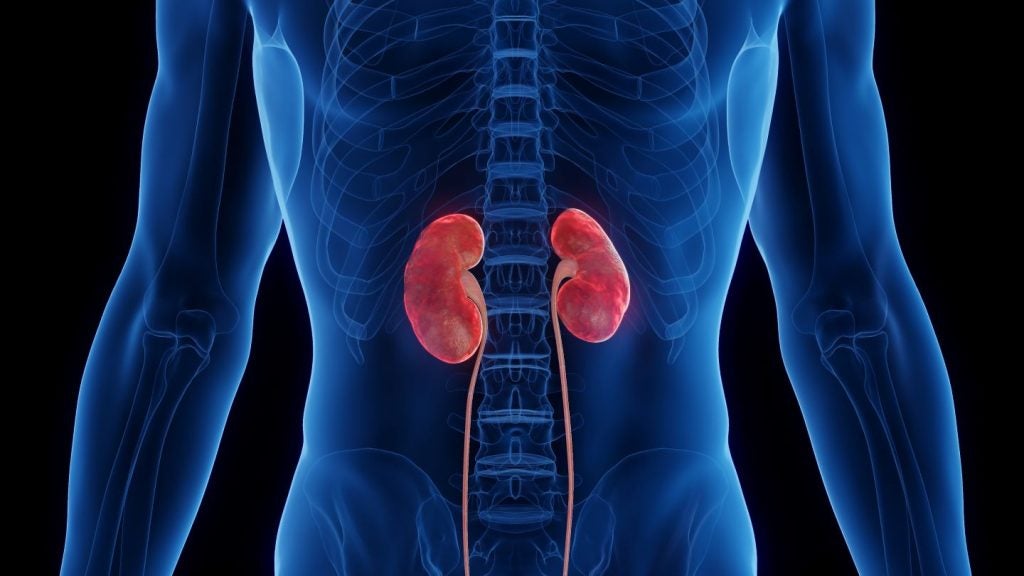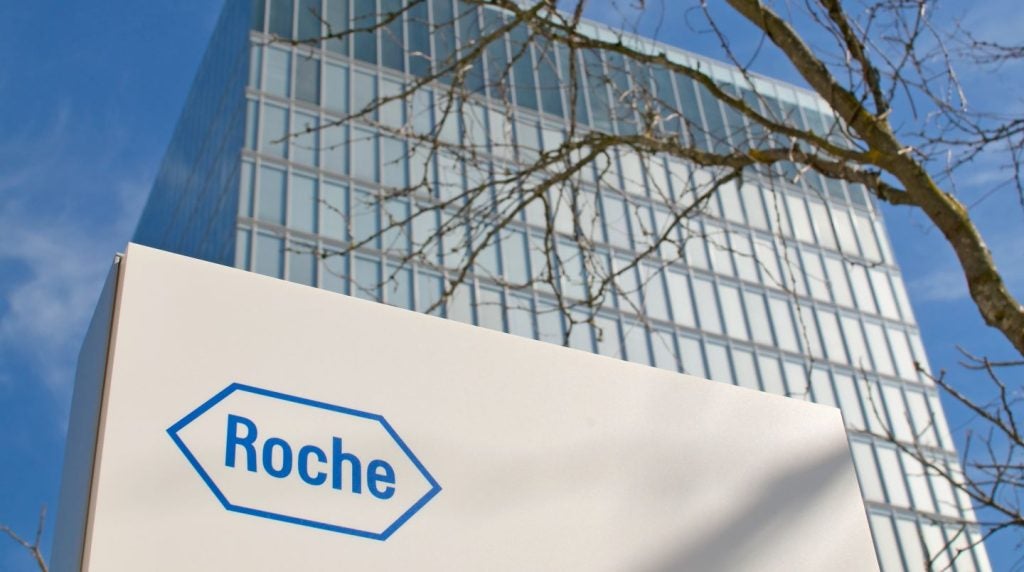
GlaxoSmithKline (GSK) has reported positive data from a Phase III clinical trial of Nucala (mepolizumab) in patients suffering from hypereosinophilic syndrome (HES).
HES is a group of inflammatory disorders characterised by overproduction of eosinophils.
Mepolizumab is a monoclonal antibody designed to target IL-5 and prevent its binding to the receptor present on the eosinophils surface. This is expected to decrease eosinophils level in the blood without complete depletion.
The drug is being developed to treat inflammatory diseases driven by eosinophils. It holds approval as an add-on maintenance therapy for severe eosinophilic asthma (SEA).
During the Phase III study, a 300mg subcutaneous formulation of Nucala was given every four weeks and was assessed for its safety and efficacy over 32 weeks in 108 patients.
The trial met the primary endpoint with 50% fewer patients having a HES flare in mepolizumab plus the standard of care arm compared to placebo.
How well do you really know your competitors?
Access the most comprehensive Company Profiles on the market, powered by GlobalData. Save hours of research. Gain competitive edge.

Thank you!
Your download email will arrive shortly
Not ready to buy yet? Download a free sample
We are confident about the unique quality of our Company Profiles. However, we want you to make the most beneficial decision for your business, so we offer a free sample that you can download by submitting the below form
By GlobalDataHES flare is defined as the worsening of symptoms or eosinophil threshold that needs an escalation in therapy.
Statistical significance was also observed on secondary endpoints, including a 66% lower risk of first HES flare in the treatment group versus placebo.
The drug also led to a 66% decrease in the annualised HES flares rate, as well as improved fatigue scores. Mepolizumab’s safety was found to be consistent with its known profile.
GlaxoSmithKline chief scientific officer and R&D president Dr Hal Barron said: “Mepolizumab has the potential to change the treatment landscape for patients with HES which is a complex and debilitating disease with limited therapeutic options today.”
The company plans to file regulatory submissions based on the Phase III data next year.
Mepolizumab secured orphan drug designation in the US and EU, along with fast track status in the US.






